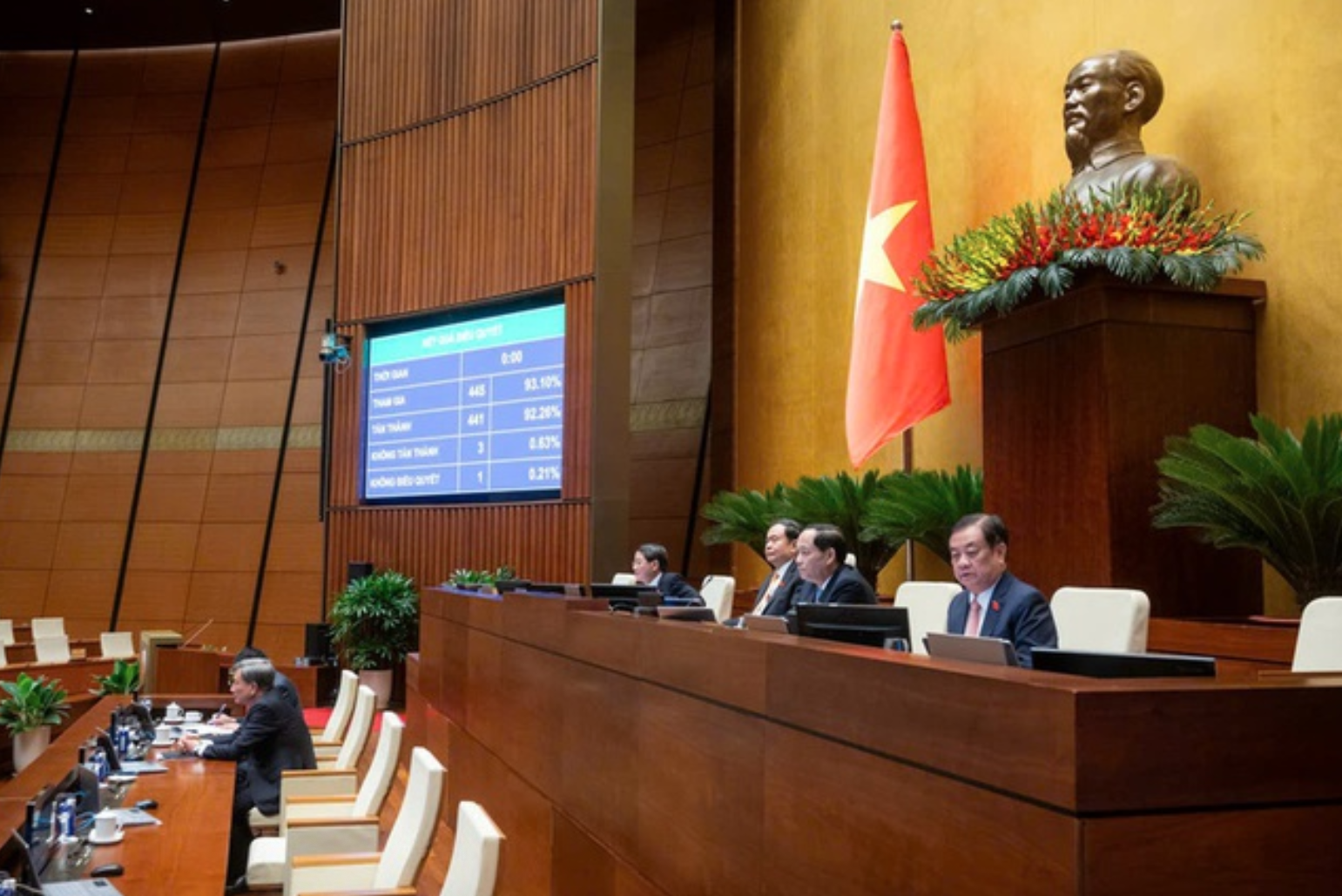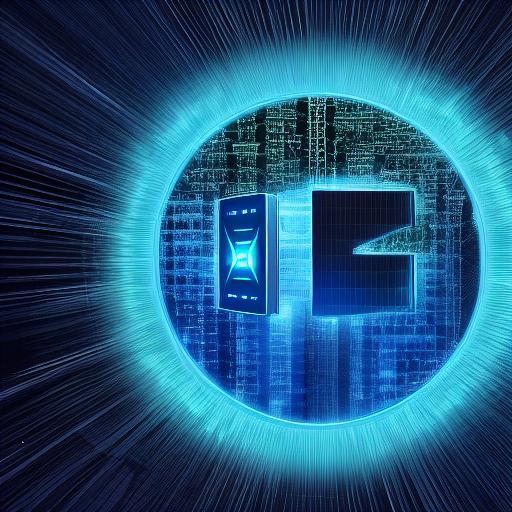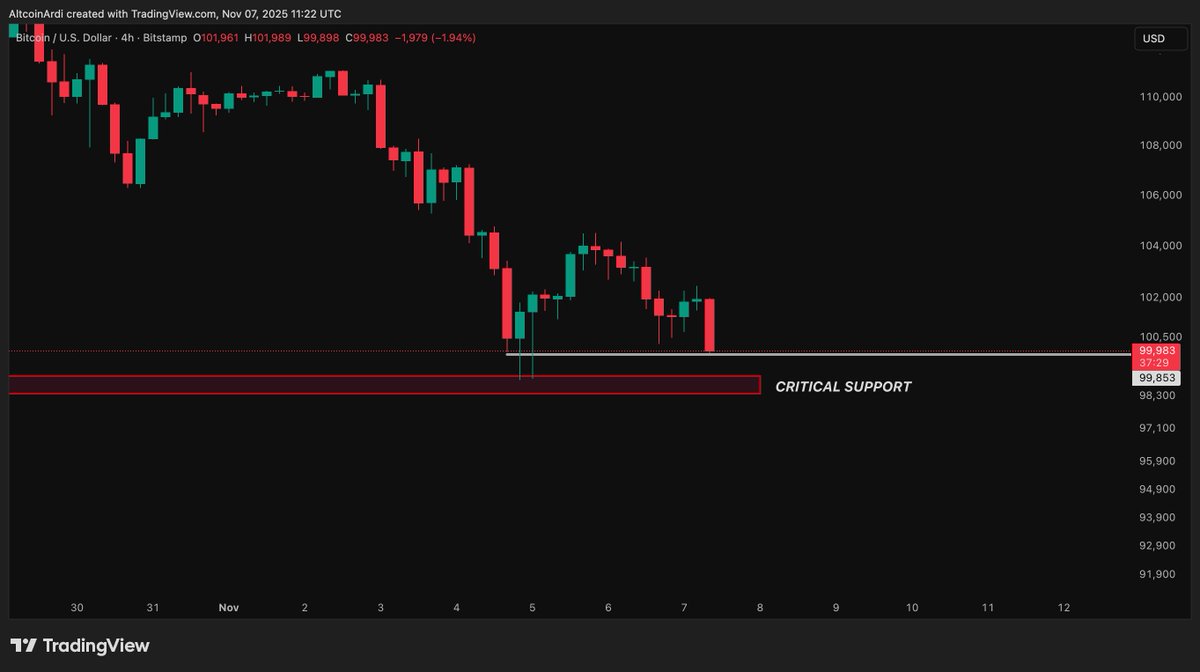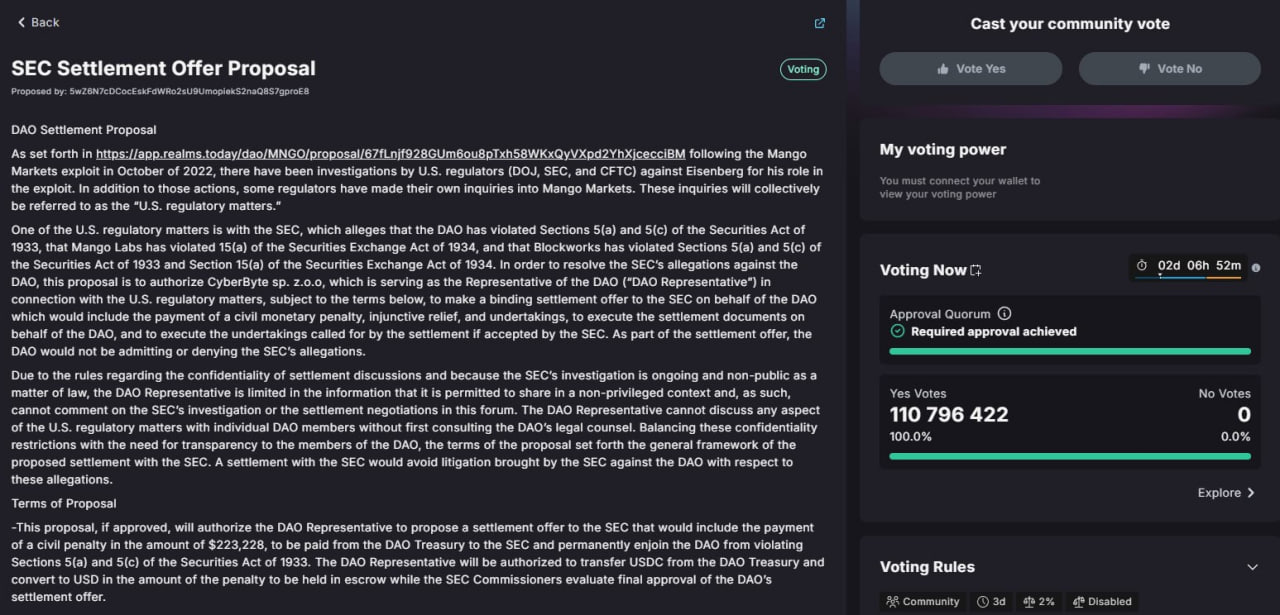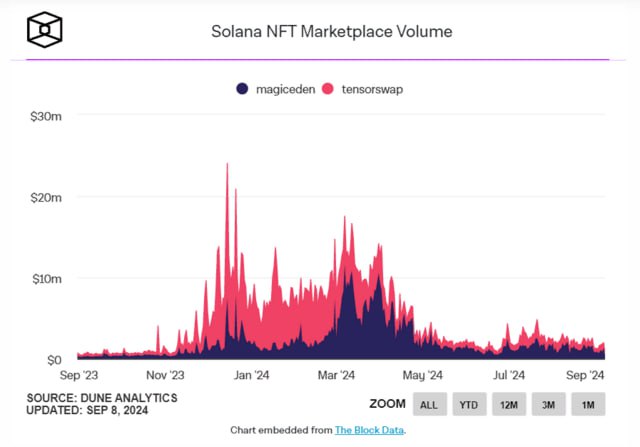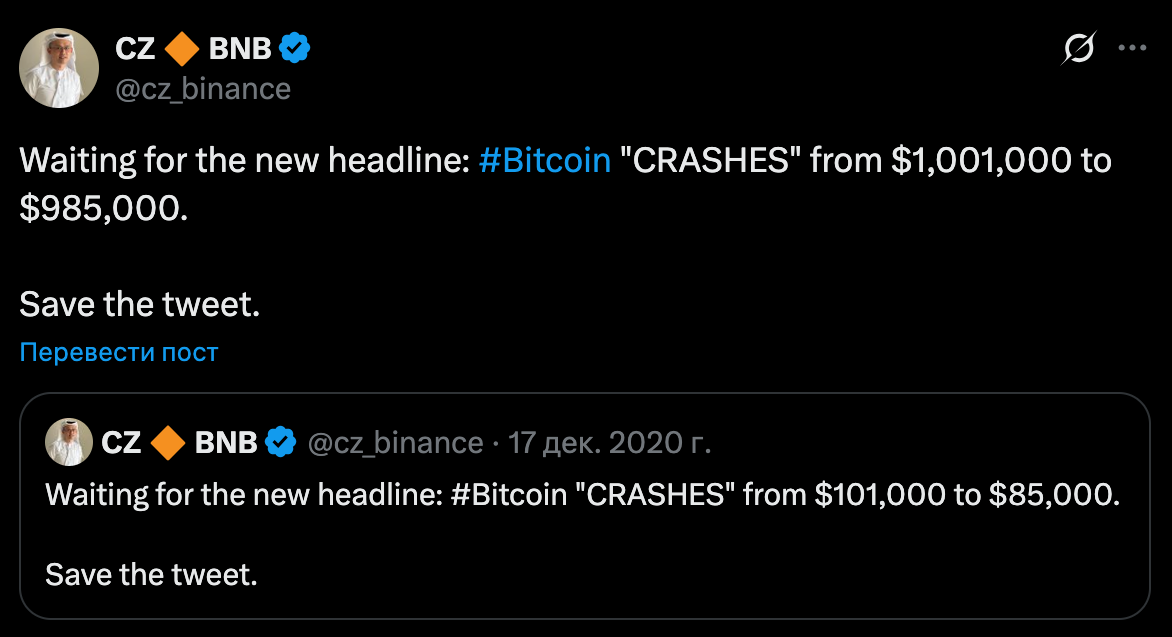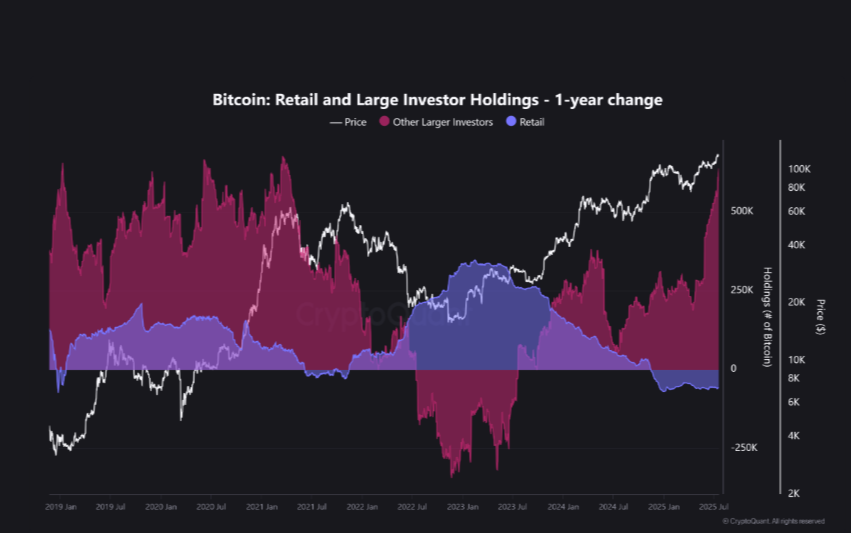On June 14, 2025, Vietnam’s National Assembly officially passed the Law on the Digital Technology Industry — the world’s first comprehensive legal framework dedicated entirely to regulating digital assets, blockchain technology, artificial intelligence, and semiconductors. The law will come into effect on January 1, 2026, and aims to lay the foundation for the country’s digital economy.
📌 Two Categories of Digital Assets
The law clearly defines two main categories of digital assets:
- Virtual assets: Digital items used for exchange or investment purposes. These do not include fiat-backed digital currencies, securities, or other regulated financial instruments.
- Cryptocurrency assets: Digital assets that use cryptographic technology to verify transactions and ownership. These are also explicitly excluded from being considered fiat currencies or traditional financial instruments.
In this way, Vietnam formally acknowledges the existence and utility of crypto and virtual assets without equating them to conventional money or securities, while introducing regulatory oversight and legal clarity.
🛡 Oversight and Security Measures
The law includes provisions for:
- Cybersecurity
- Anti-money laundering (AML) compliance
- Development of business regulations in the digital sector
The government is now tasked with drafting detailed regulations that will define licensing requirements, taxation rules, and compliance standards for companies and investors operating in the digital asset space.
🚀 A Strategic Shift Toward a Digital Economy
This law goes beyond cryptocurrency — it is part of Vietnam’s broader ambition to become a regional hub for high-tech innovation. Key objectives include:
- Increasing domestic production capacity in AI, semiconductors, and digital infrastructure
- Attracting foreign investment in exchange for technology transfer
- Offering income tax exemptions and other incentives for innovative companies
- Supporting deep integration into global supply chains and international R&D cooperation
Foreign technology firms operating in Vietnam will be eligible for tax breaks and government support, provided they collaborate with local businesses and share technology.
🇻🇳 Context and Background
The new law builds upon Vietnam’s National Strategy for Blockchain Development, approved in October 2024. That strategy laid out a five-year roadmap for the development of decentralized systems, digital identity, and Web3 applications.
According to a government statement:
“With this step, Vietnam has become the first country in the world to adopt a standalone law specifically dedicated to the digital technology industry. It marks a move toward digital sovereignty and global leadership.”
